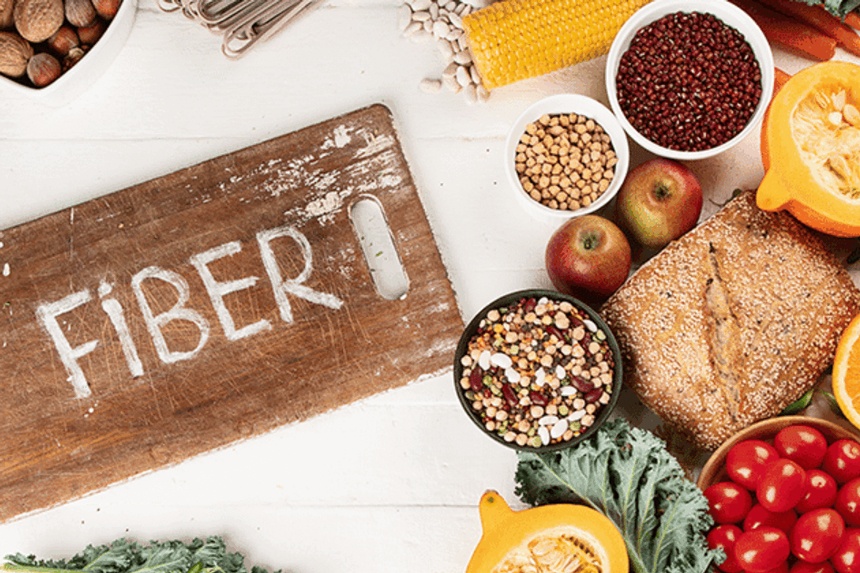Fiber

Adequate fiber intake is beneficial for CKD patients, as it helps in managing blood sugar levels and reducing cholesterol, which are important for kidney health. High-fiber foods include fruits, vegetables, and whole grains. Integrating these into daily meals supports digestive health and improves kidney function.
Fiber also plays a role in weight management and can help prevent constipation, a common issue in CKD patients. Consulting with a dietitian to adjust fiber intake based on individual health needs is recommended.
Managing diet and nutrition is a cornerstone of controlling and slowing the progression of stage 3 Chronic Kidney Disease. Each dietary goal outlined—ranging from caloric intake to the balance of key minerals and adherence to a structured diet plan—is vital for maintaining kidney function and overall health. By paying close attention to these guidelines and working closely with healthcare providers, individuals with CKD can lead healthier lives. Regular check-ups and personalized dietary plans are essential, as they allow for adjustments based on the progression of the disease and the individual’s health needs. Education on these dietary practices empowers patients to take an active role in managing their condition, contributing significantly to the stabilization of CKD and the enhancement of their quality of life.





